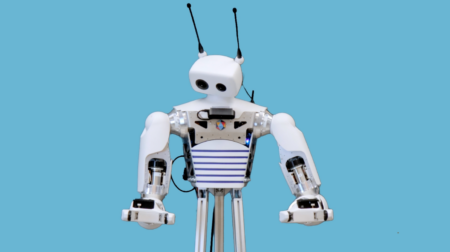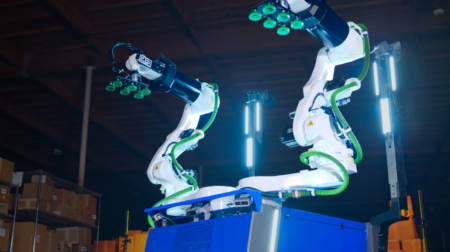Researchers at the National Robotarium, hosted by Heriot-Watt University and the University of Edinburgh, are developing machine-learning algorithms to more efficiently detect, intervene and prevent cases of gender-based abuse online.
The project has been has awarded £1m by UK Research and Innovation (UKRI), whose board members visited the National Robotarium earlier this year.
The facility is further supported by £21m from the UK government and £1.4m from the Scottish government, through the £1.3bn Edinburgh and South East Scotland City Region Deal, which is funded by both governments and regional partners.
The project and was set up in response to a recent report from Glitch, a UK charity focused on online abuse, which highlighted an “epidemic of online abuse” experienced by women and non-binary people.
According to the report, 46% of these groups have reported attacks online since the beginning of Covid-19, while 29% of people who experienced online abuse prior to the pandemic reported it worsened during lockdown.
What’s more, gender-based violence was the most frequently cited form of abuse, reported by 48% of survey respondents.
Thus, the National Robotarium plans to engage with experts on gender-based violence online to build mechanisms that generate counter-narratives aimed at perpetrators and a support chatbot for victims and survivors.
A key ambition of the project is to increase social media literacy from an early age by creating learning materials that help children identify online gender-based abuse.
Updated datasets will be shared with the wider research community to further the development of new strategies.
UK government minister for Scotland, Iain Stewart, said: “I am hopeful that this research into new AI algorithms will deliver a valuable tool in fighting back and creating safer online environments.
“In March, the UK government introduced the Online Safety Bill to bring a new era of accountability online, including clamping down on anonymous trolls and making companies tackle harmful content quicker.”








